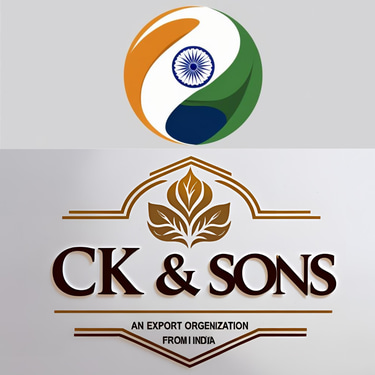CK & Sons Textile : Your One-Stop Shop for All Your Packaging Items and Many More...
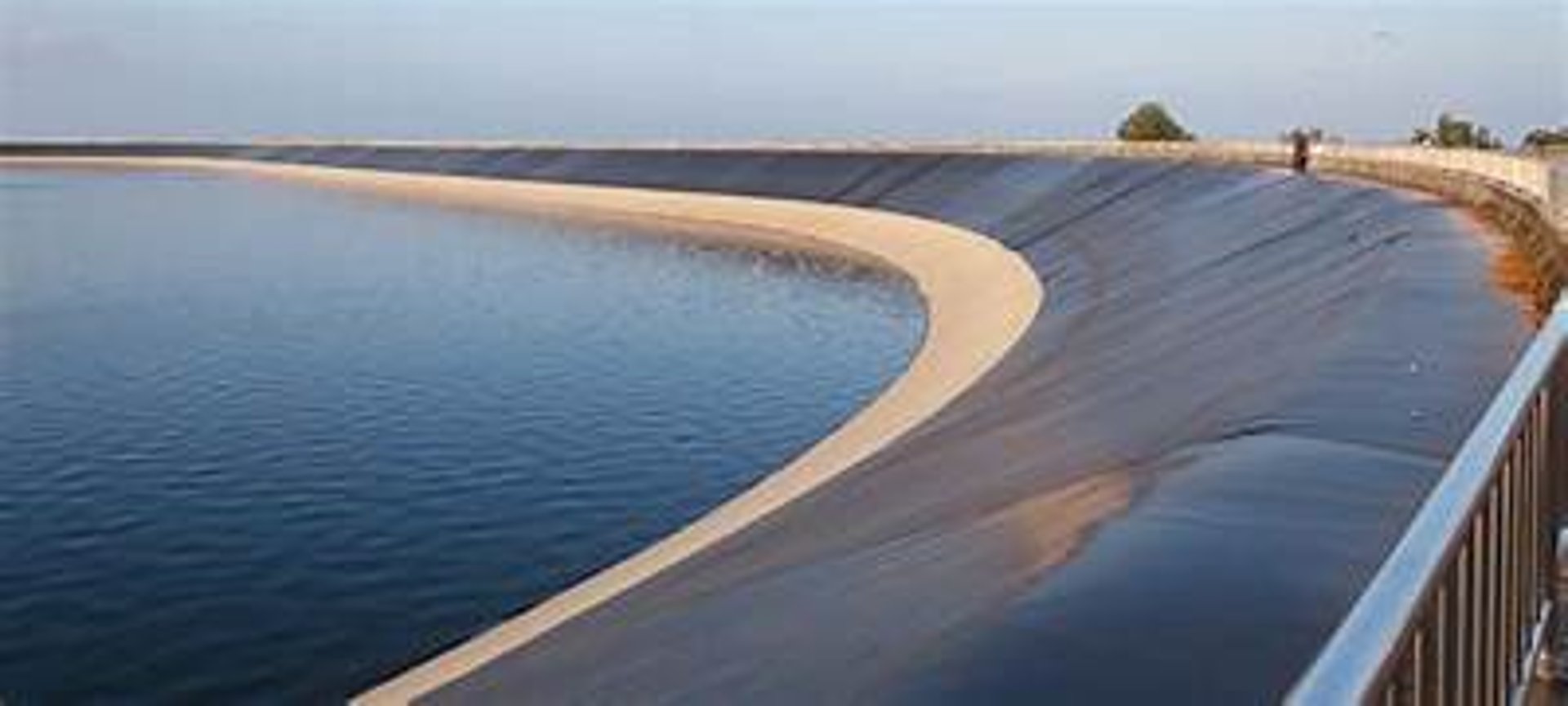
Geo Membrane
A Geomembrane is a low-permeability synthetic liner made from HDPE (High-Density Polyethylene), LDPE, PVC, or other polymers. It is used to prevent fluid or gas migration in various civil, environmental, and industrial applications. Geomembranes serve as effective barriers for lining ponds, landfills, canals, reservoirs, and tunnels.
✅ What Are Geomembranes Used For?
Landfill liners and capping systems
Canal, pond, and reservoir lining
Mining and heap leach pads
Wastewater treatment lagoons
Tunnel and underground containment
Secondary containment for tanks and chemical storage
✅ Key Features & Benefits
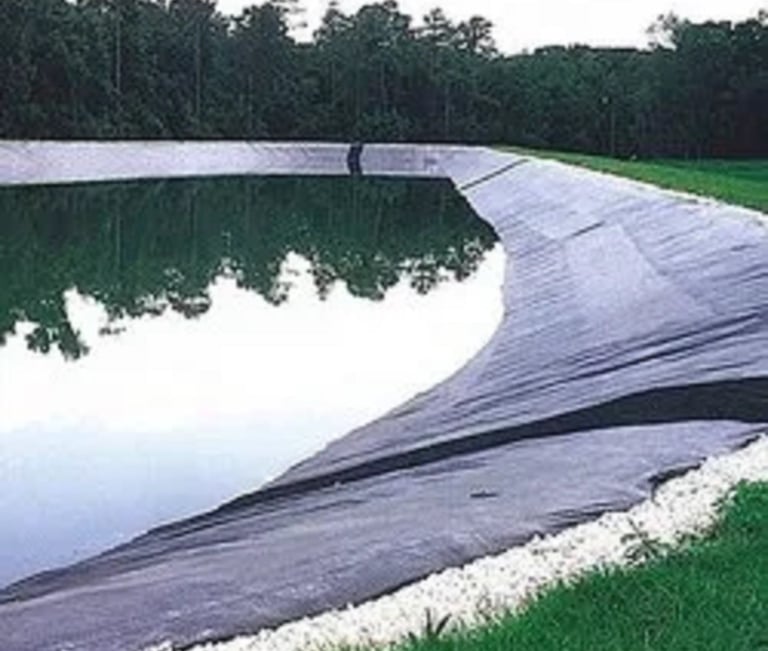

Extremely low permeability
Excellent chemical and UV resistance
Durable and puncture-resistant
Flexible for uneven terrain
Long service life – 20 to 50 years depending on thickness and environment
Compatible with other geosynthetics for multi-layer systems
✅ How Do Geomembranes Work?
Geomembranes are installed over prepared surfaces and welded or sealed to form a continuous, impermeable layer. This layer blocks seepage of liquids or gases, ensuring containment and environmental protection. They are often used with geotextiles or geonets to improve performance.
Technical Specification
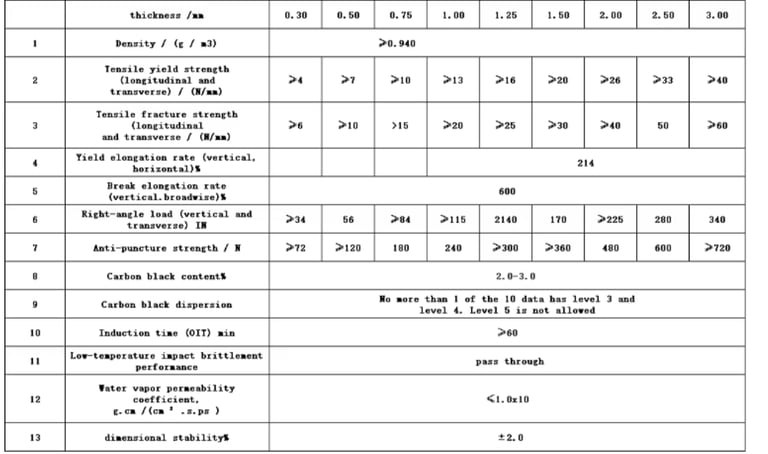

✅ Applications
Solid waste containment (landfills)
Water harvesting structures (tanks, ponds)
Mining waste leachate control
Hazardous chemical containment
Oil & gas containment pads
Agriculture and aquaculture ponds
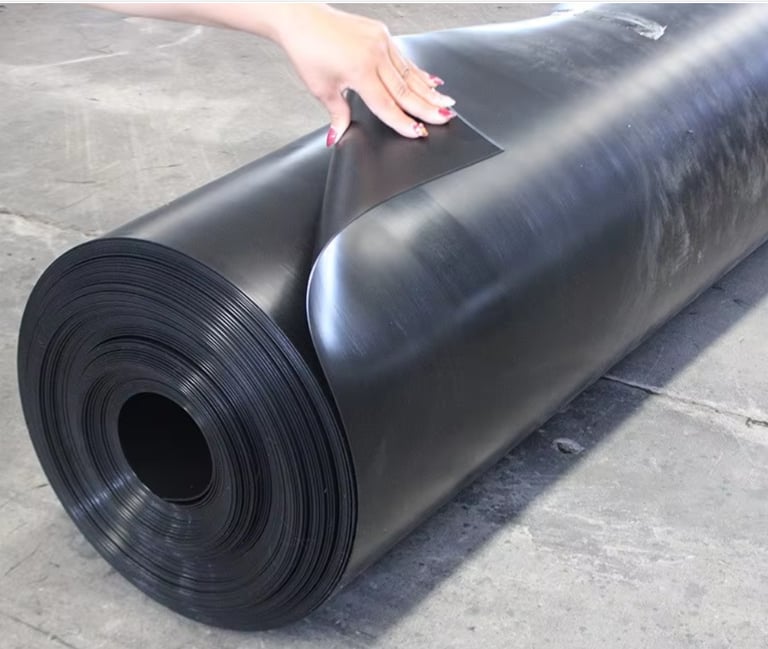

✅ Advantages Over Traditional Clay Liners
More consistent and reliable barrier
Faster and easier to install
Smaller footprint with better performance
Less susceptible to drying, cracking, or swelling
Lower maintenance and long-term costs
